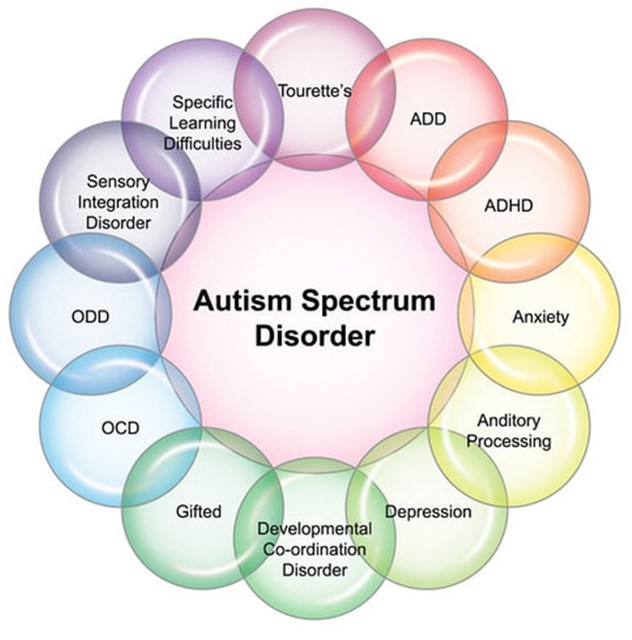Which of the following best describes a neuroblastoma?
Always causes urinary incontinence
Blood fed
Tiny
Unfortunately, much of the time, by the time a diagnosis has been made, metastasis has already occurred
The Correct Answer is D
Choice A: Urinary incontinence is a condition of involuntary loss of urine control, which can be caused by various factors, such as nerve damage, bladder dysfunction, or medication side effects. It is not always caused by neuroblastoma, which is a type of cancer that arises from immature nerve cells.
Choice B: Blood-fed is not a term that describes a neuroblastoma. Neuroblastoma is a type of cancer that arises from immature nerve cells, which can form tumors in various parts of the body, such as the adrenal glands, abdomen, chest, or spine.
Choice C: Tiny is not a term that describes a neuroblastoma. Neuroblastoma can vary in size and shape depending on the location and stage of the tumor. Some neuroblastomas can be very large and cause compression of nearby organs or structures.
Choice D: Unfortunately, much of the time, by the time a diagnosis has been made, metastasis has already occurred. This statement describes a neuroblastoma accurately. Neuroblastoma is a type of cancer that arises from immature nerve cells, which can spread rapidly to other parts of the body, such as the bones, liver, lymph nodes, or skin.
Metastasis is the process of cancer cells breaking away from the original tumor and forming new tumors elsewhere. Neuroblastoma often has no specific symptoms until it has metastasized, making it difficult to diagnose early and treat effectively.
Nursing Test Bank
Naxlex Comprehensive Predictor Exams
Related Questions
Correct Answer is D
Explanation
Choice A: Allowing for imaginative play with peers without supervision is not an appropriate intervention for a child who has autism spectrum disorder, as it can cause frustration, anxiety, or isolation for the child. A child who has autism spectrum disorder may have difficulty with social skills, communication, and imagination, which can affect their ability to interact and play with others. The nurse should provide structured and supervised play activities that promote socialization and cooperation.
Choice B: Providing a completely unpredictable schedule that adjusts to the child's interests is not an appropriate intervention for a child who has autism spectrum disorder, as it can cause confusion, stress, or tantrums for the child. A child who has autism spectrum disorder may have difficulty with transitions, changes, and flexibility, which can affect their ability to cope and adapt to different situations. The nurse should provide a consistent and predictable schedule that follows a routine and gives clear expectations.
Choice C: Allowing for adjustment of rules to correlate with the child's behavior is not an appropriate intervention for a child who has autism spectrum disorder, as it can cause inconsistency, insecurity, or manipulation for the child. A child who has autism spectrum disorder may have difficulty understanding and following rules, which can affect their ability to behave and function appropriately. The nurse should provide firm and fair rules that are enforced consistently and respectfully.
Choice D: Establishing a reward system for positive behavior with prizes is an appropriate intervention for a child who has autism spectrum disorder, as it can provide motivation, reinforcement, and feedback for the child. A child who has autism spectrum disorder may have difficulty with learning and performing new skills, which can affect their ability to achieve and succeed. The nurse should provide a reward system that recognizes and rewards positive behavior with tangible or intangible prizes.

Correct Answer is C
Explanation
Choice A reason: This choice is incorrect because 1 cup of cooked rice provides more than 1 oz of grains. According to the U.S. Department of Agriculture (USDA), one-ounce equivalent of grains equals one slice of bread, one cup of ready-to-eat cereal, or half a cup of cooked rice, pasta, or cereal. Therefore, 1 cup of cooked rice provides about 2 oz of grains.
Choice B reason: This choice is incorrect because 1/2 slice of white bread provides less than 1 oz of grains. As explained above, one-ounce equivalent of grains equals one slice of bread, so 1/2 slice of white bread provides only 0.5 oz of grains.
Choice C reason: This choice is correct because 1 cup of ready-to-eat cereal flakes provides exactly 1 oz of grains. As explained above, the one-ounce equivalent of grains equals one cup of ready-to-eat cereal, so 1 cup of ready-to-eat cereal flakes provides 1 oz of grains.
Choice D reason: This choice is incorrect because 1/2 white flour tortilla provides less than 1 oz of grains. According to the USDA, one-ounce equivalent of grains equals one small tortilla (6 inches in diameter), so 1/2 white flour tortilla provides only about 0.4 oz of grains.
Whether you are a student looking to ace your exams or a practicing nurse seeking to enhance your expertise , our nursing education contents will empower you with the confidence and competence to make a difference in the lives of patients and become a respected leader in the healthcare field.
Visit Naxlex, invest in your future and unlock endless possibilities with our unparalleled nursing education contents today
Report Wrong Answer on the Current Question
Do you disagree with the answer? If yes, what is your expected answer? Explain.
Kindly be descriptive with the issue you are facing.
